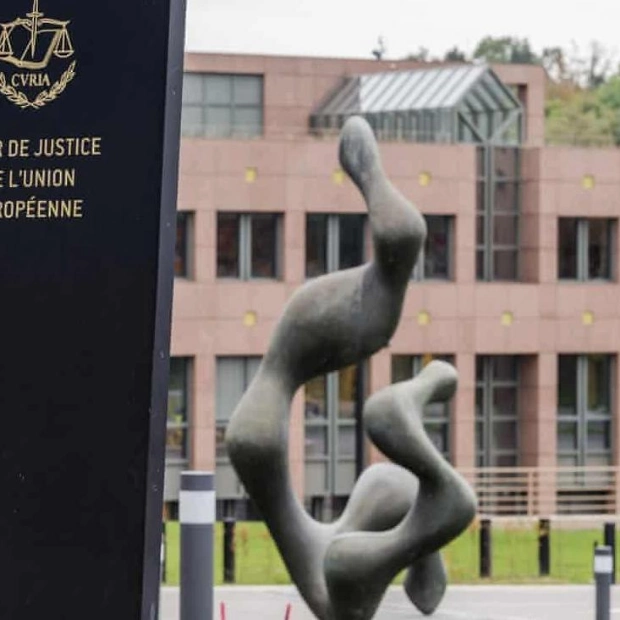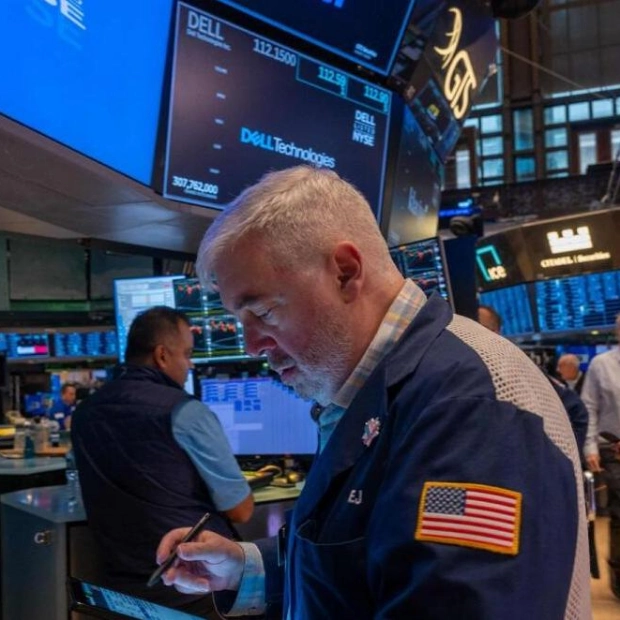Syrians gesture from a bus as they are heading to Syria. Photo by Reuters used for illustrative purposes
Many Syrian expatriates in the UAE experienced a mix of joy and apprehension as rebels declared the removal of President Bashar Al Assad and the end of the 50-year Assad regime. Many stayed up all night, glued to their screens, tracking the dramatic events. “We didn’t sleep the entire night,” said 37-year-old Faten (name changed on request). “My parents and my entire family were closely following the news. At 4am, the troops reached the capital and peacefully took over. We are finally free. This feels like our new national day.” On Sunday, rebels announced they had ousted President Bashar Al Assad, marking the end of his nearly 25-year rule. Rebels claimed they had seized control of Damascus after a swift offensive, with reports suggesting Assad had fled the capital by plane, his destination unknown. The regime’s downfall follows a brutal 13-year civil war that began in 2011, when peaceful protests calling for democratic reforms were violently suppressed by the government.
While celebrations spread among Syrians in the UAE, concerns about the future persisted. Anwar Gargash, the UAE's diplomatic advisor, warned that Syria’s instability could make the country susceptible to extremism and terrorism. He cautioned that the unfolding events in Syria underscore the destructive impact of political failure and conflict. “The ongoing events in Syria are a clear indication of political failure and the destructive nature of conflict and chaos,” said Gargash, adding that Assad had not utilized the 'lifeline' offered by various Arab countries, including the UAE. In the first official comments from the UAE on the matter, he warned against allowing non-state actors to exploit political vacuums. He emphasized that Syria should hold free elections so the Syrian people can choose their leaders. “The future of Syria must be driven by the Syrians themselves.”
Uncertainty about the country’s future was shared by many Syrian expatriates, including Mohammed, a 32-year-old translator living in Dubai. “It feels like I just woke up from a nightmare,” he said. “After 13 years of fleeing, I now have hope that I may be able to visit my country and my land again.” However, he acknowledged that their difficulties are far from over. “Until the new government is formed, everything is in a precarious situation,” he added. Mohammed expressed concern about the potential for internal conflict, noting that the country remains deeply divided. “There are several groups in Syria, some who supported Assad and some who didn’t,” he said. “Those who opposed him suffered heavily over the last 13 years. They need to let go of their hard feelings and be willing to live peacefully together. If they don’t, violence could escalate, with widespread consequences.”
The Syrian civil war, which began 13 years ago during the Arab Spring, has claimed over 500,000 lives and displaced millions. While the fall of Assad brings a glimmer of hope, Syrians both in the UAE and at home are keenly aware of the challenges ahead. Jubilant scenes of reunions between separated family members were widely shared on social media and news outlets, reflecting the emotional relief felt by many. “A lot of political prisoners were freed,” Faten noted. “Many refugees who were living in surrounding countries have begun making their way home. It is truly such a happy day for all of us.” However, the transition to peace will not be easy. Mohammed highlighted the extensive rehabilitation work needed for those returning from years of imprisonment. “Some political prisoners have been thrown into overcrowded jails, unable to see sunlight for years,” he explained. “Hospitals are preparing for the physical and mental health challenges these individuals will face in the coming months, if not years.” As Syrians in the UAE and around the world reflect on the fall of the Assad regime, they remain hopeful but cautious about what lies ahead for their homeland.
Source link: https://www.khaleejtimes.com






